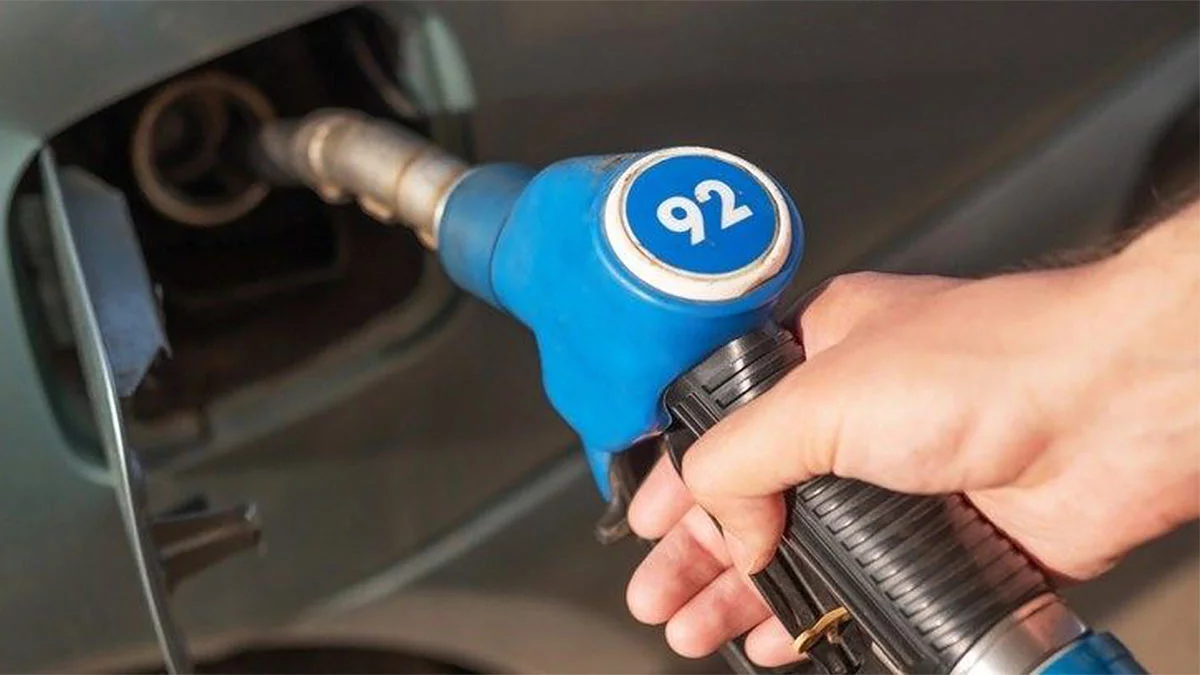Why AI-92 gasoline is better than AI-95: factors that many do not know

Among many drivers, the opinion has formed that the fuel brand completely determines all its characteristics. According to this logic, AI-95 gasoline is superior to AI-92 in every way, and AI-100 is better than AI-95. But in practice, this is not always the case, and gasoline with a lower octane number can be better in a number of parameters. Let's see why this happens and how to choose the most suitable type of fuel for a specific car.
The car manufacturer plays a decisive role in setting the standards for consumables that should be considered when operating the vehicle. It sets the tolerances for technical fluids, as well as the minimum characteristics for gasoline. However, manufacturers do not limit the upper limit of the octane number, so drivers have a choice. For example, if it says "not lower than AI-92", you can also pour AI-95, and often drivers feel the advantages of such an approach.
A higher octane number allows you to slightly increase engine power and reduce fuel consumption, but measurements show that economically this is not justified. The change in fuel consumption does not cover the price difference — about 10%. But will replacing AI-92 with AI-95 give other advantages, such as keeping the fuel system and engine cleaner? Here, everything is not so simple.
Modern technologies make it possible to obtain an octane number of 95 by catalytic method (oil refining). But in practice, many manufacturers do not use this technology because it is relatively expensive. It is much cheaper to achieve the required octane number by adding anti-knock additives. And in the long term, it is precisely these additives that can have a strong effect on internal engine contamination.
Also, AI-95 is not always cleaner than AI-92, and in many cases the opposite effect is observed. Anti-knock additives can leave deposits on the valves and elements of the piston system, resulting in characteristic soot. For the same reason, AI-92 is more stable during storage, as it contains fewer volatile substances. Accordingly, it retains its original octane number much longer, especially in hot weather.
Old engines designed to run on AI-92 do not always "get along" well with AI-95. The higher the octane number, the longer the fuel-air mixture burns, and this factor is important when choosing fuel. In modern cars, the control unit adjusts the mixture precisely, but earlier such technologies did not exist. Therefore, the fuel may not have time to burn within the allotted time, as a result of which the exhaust valves are subjected to excessive load and may burn out earlier than expected.
If the manufacturer allows the use of AI-92, switching to AI-95 should be done consciously. Otherwise, you may not only overpay for fuel, but also face problems in engine operation in the long term. But there are exceptions — for turbocharged engines, switching to AI-95, if AI-92 is allowed, can have a positive effect. Read “Zamin” on Telegram!
Ctrl
Enter
Found a mistake?
Select the phrase and press Ctrl+Enter 


















